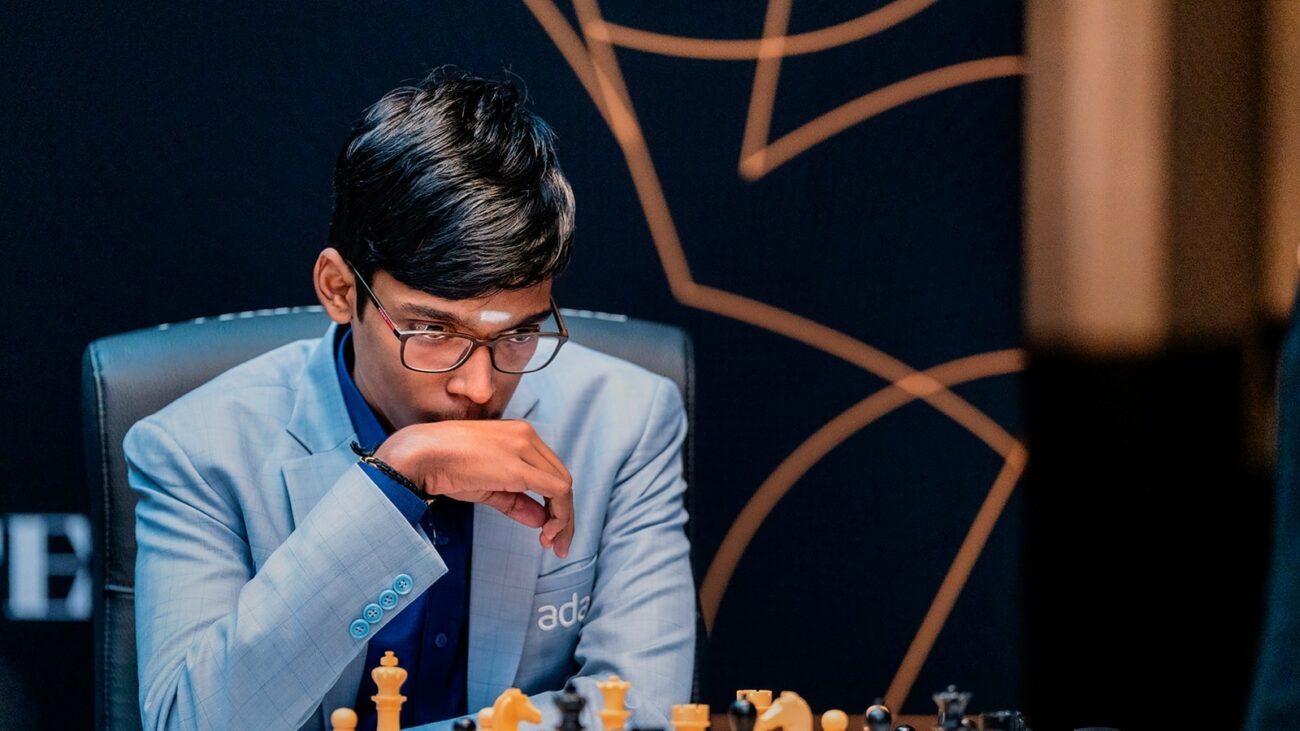How Chess Players Remember All Those Lines and Moves: A Look Inside Their Minds
How Chess Players Remember All Those Lines and Moves
When R Praggnanandhaa, the 17-year-old Indian chess prodigy, was asked how chess players remember all those lines and moves, he replied with a simple yet profound answer: “We don’t.”
While it may seem like chess players have an eidetic memory, the truth is that they rely on a combination of techniques to navigate the vast and complex world of chess.
Pattern Recognition
One of the most important skills for chess players is pattern recognition. By studying countless games and positions, they develop an intuitive understanding of how pieces interact and how certain patterns lead to favorable or unfavorable outcomes. This allows them to quickly identify familiar situations and recall the best moves to play.
Chunking
Chess players also use a technique called chunking to break down complex positions into smaller, more manageable units. By grouping pieces and moves together, they can reduce the amount of information they need to hold in their minds at any given time. This makes it easier to remember the key ideas and strategies behind each position.
Mental Visualization
Another essential skill for chess players is mental visualization. They can visualize the board and the pieces in their minds, allowing them to analyze positions and calculate variations without physically moving the pieces. This ability to see the game in their heads helps them to remember the key features of each position and to anticipate their opponent’s moves.
Memory Techniques
While chess players don’t memorize every single line and move, they do use memory techniques to improve their recall. These techniques include spaced repetition, which involves reviewing material at increasing intervals, and mnemonics, which are devices that help to associate information with something more memorable.
Practice and Experience
Ultimately, the best way to improve memory in chess is through practice and experience. By playing countless games and studying the games of others, chess players develop a deep understanding of the game and its patterns. This knowledge allows them to recall the best moves in any given situation, even if they haven’t encountered that exact position before.

